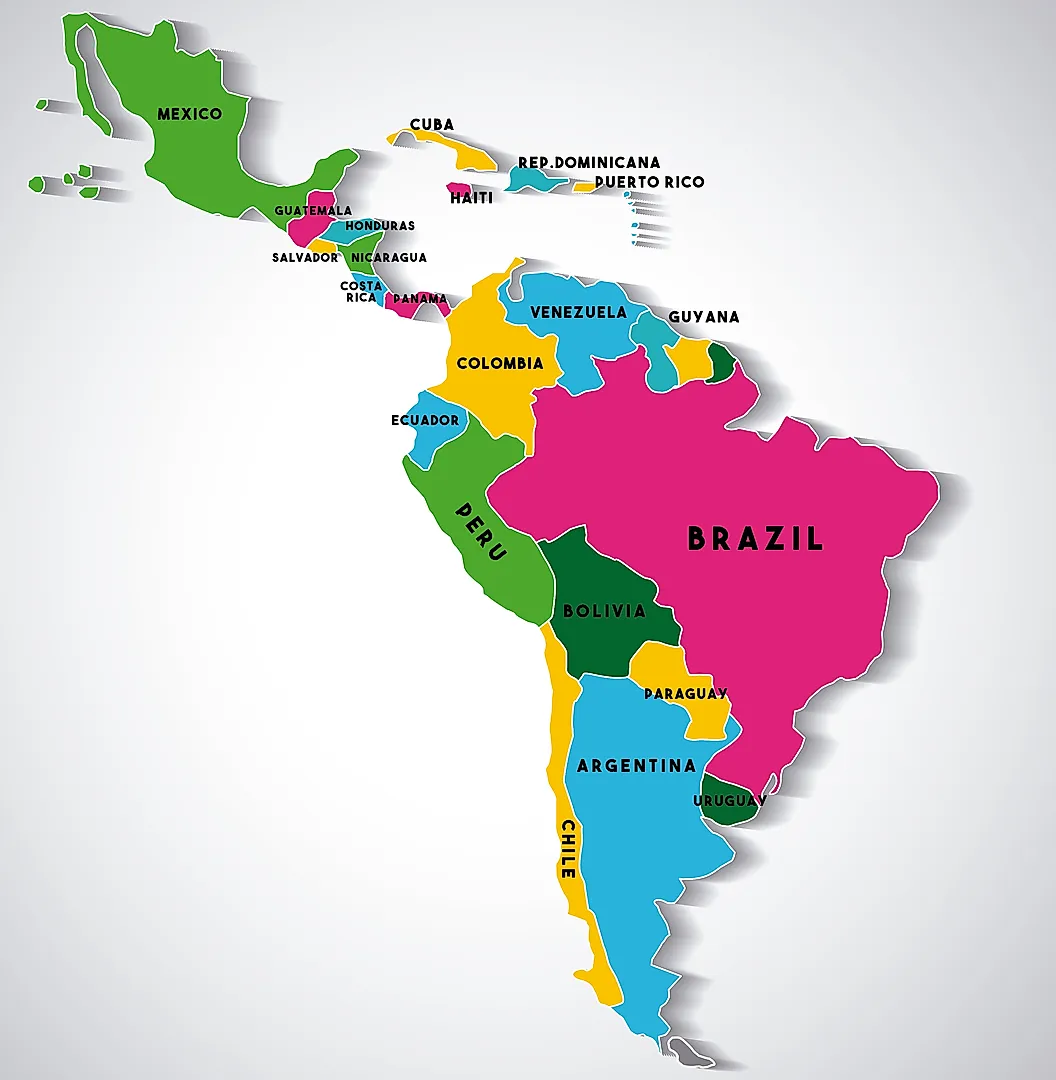United States Treasury Secretary Scott Bessent confirmed on Tuesday that his office has signed a US$20 billion currency swap with Argentina’s central bank as part of an “economic stabilization agreement.”
“President Javier Milei’s efforts to reverse his nation’s decades of decline, stemming from the radical leftism of the Peronists, are of critical importance,” Bessent said in an X post. “Argentina now has the opportunity to embrace economic freedom, and our stabilization agreement is a bridge to a better economic future for Argentina, not a bailout.”
The deal had already been announced by Bessent weeks ago and was confirmed on Monday by the Argentine Central Bank (BCRA). The swap will allow the country “to respond to conditions that could lead to episodes of volatility in the foreign exchange and capital markets,” according to the BCRA.
You may also be interested in: Trump’s Argentina bailout turns domestic issue as opposition grows in the US
Bessent confirmed the motives for the agreement are strictly geopolitical. “We do not want another failed state in Latin America, and a strong, stable Argentina as a good neighbor is explicitly in the strategic interest of the United States.”
President Milei said in an interview on Monday that a swap agreement is a “currency exchange” between two countries. “We have a credit for US$20 billion, and they have a credit equal to that number in pesos. It is only activated when needed,” he told Tucumán’s Canal 8 channel.
He added that Argentina would use the swap line to make 2026 debt payments in case the country cannot operate in the forex market “due to the country risk being too high,” which “would be taking debt to pay for debt.”
The announcement has stirred reactions in both countries. In the U.S., critics of President Donald Trump question why he is giving his Argentine counterpart, Javier Milei, such a large amount of money. A couple of weeks ago, a group of senators from the Democratic Party already introduced a bill trying to halt the initiative. On Monday, a congressman asked Bessent for details regarding the support package.
You may also be interested in: Argentina’s elections: an explainer for Donald Trump




